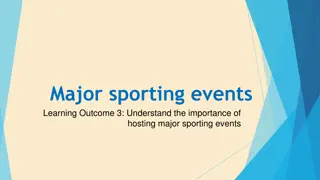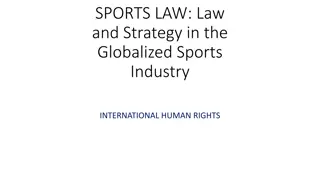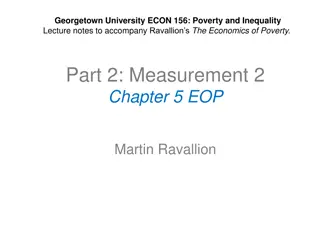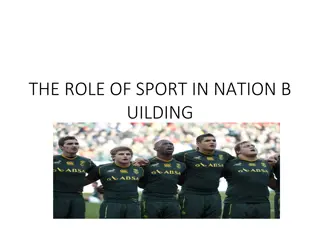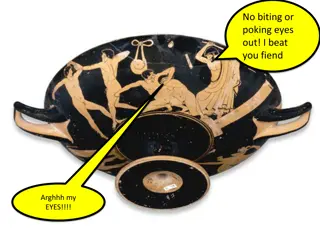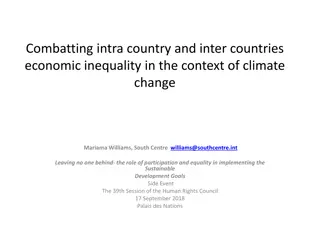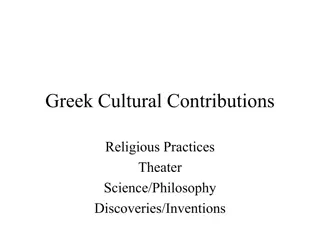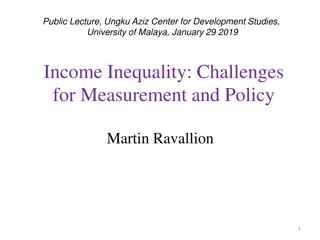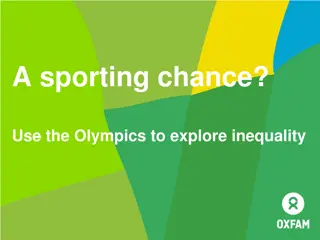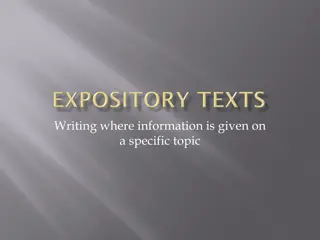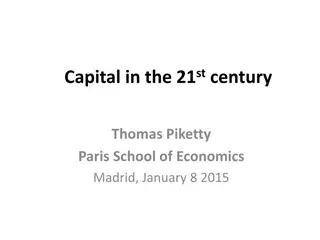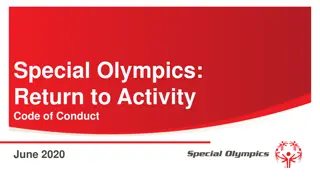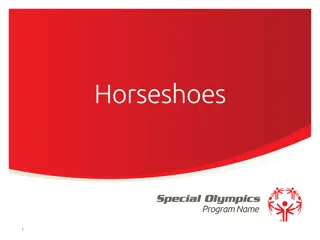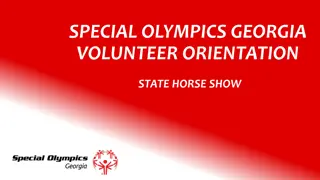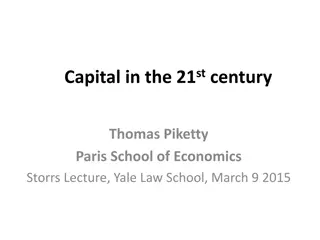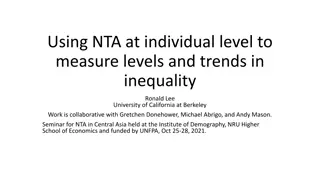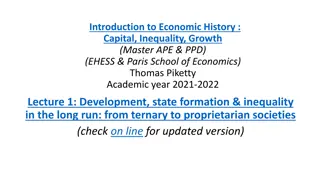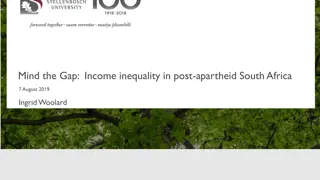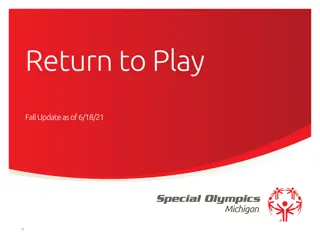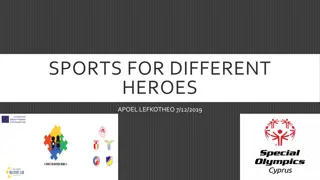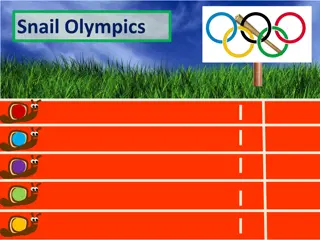Exploring Inequality Through the Olympics: A Sporting Chance
Delve into the theme of inequality using the Olympics as a lens to examine fairness, rules, and inclusivity in sports, schools, and society. Explore the importance of creating fair opportunities for individuals of diverse ages, abilities, genders, needs, and backgrounds. Through examples and discussions, understand how tailored rules can level the playing field and promote equity across various contexts.
Download Presentation

Please find below an Image/Link to download the presentation.
The content on the website is provided AS IS for your information and personal use only. It may not be sold, licensed, or shared on other websites without obtaining consent from the author. Download presentation by click this link. If you encounter any issues during the download, it is possible that the publisher has removed the file from their server.
E N D
Presentation Transcript
A sporting chance? Use the Olympics to explore inequality
PE SESSION Fairer sports for all
RULES Why do we have rules? How do rules make sports fairer? How do rules make school fairer? How do rules make the world fairer? Rule Book
ARE THE SAME RULES ALWAYS FAIR ? Yes No What about for people of different ages different abilities different genders particular needs different backgrounds?
EXAMPLE 1 You want to organise a running race, but some of you are 8 years old and some of you are 14 years old. What rule would you use to make the race fair? Allow some runners to start before others Make some runners run further than others Add on time to some runners finishing times Make some runners run in wellington boots and allow others to run in trainers
EXAMPLE 1 You want to organise a running race, but some of you are 8 years old and some of you are 14 years old. Did the rule you made to solve this problem make the race fairer for: A few runners Some runners Most runners All runners?
EXAMPLE 2 You meet some young people from another country who have never played basketball before. What rule would you use to make the game fair? Give two points if Make sure each team has Show someone the red card if Limit match time to Organise extra training for
EXAMPLE 2 You meet some young people from another country who have never played basketball before. Did the rule you made to solve this problem make the race fairer for: A few players Some players Most players All players?
EXAMPLE 3 Some young people in the bicycle race have old bikes with few or no working gears. Others have newer bikes with many gears. What rule would you use to make the race fair? Give Allow some people to start before others Add on time to some riders finishing times...
EXAMPLE 3 Some young people in the bicycle race have old bikes with few or no working gears. Others have newer bikes with many gears. Did the rule you made to solve this problem make the race fairer for: A few riders Some riders Most riders All riders?
MAKING IT FAIR Are there any other examples of where using the normal rules of sports might not be fair. Think Pair Share
ARE THE OLYMPICS FAIR? Yes No What about countries where They have less money Competitors have fewer resources?
A FAIR SPORTS DAY You are going to organise a sports day which everyone in your class/year/school is going to take part. However, you need to make sure it is completely fair for everyone to be able to fully participate. How can you design the rules to help?
SPORTS DAY TEAMS All the people taking part will be organised into teams. Each team will represent one of the countries taking part in the Olympics. Each team will need to come up with a fairness motto for the Sports Day.
OLYMPIC AND PARALYMPIC VALUES Friendship Excellence Respect Determination Inspiration Courage Equality
LOOKING BACK How did your sports day go? Was your sports day fair? How? Was everyone able to participate? Did people enjoy it? Why/why not? Do you need to change rules sometimes to make things fairer? What have you learned through organising the event and taking part?
IS OUR WORLD FAIR? How about life generally? What rules are there to make it fairer? Who sets the rules? If there are unfair things in life, how can rules be used to change them?
DO WE NEED RULES THAT HELP MAKE OUR WORLD FAIRER? Yes No We need because We don t need because The types of rules we need are
EXAMPLE People pay tax to pay for services such as schools and hospitals. Should everyone pay the same amount of tax? Or should people with less money pay less tax?
WHAT WOULD HELP MAKE OUR WORLD FAIRER?



